Dr. Nguyen Thanh Nga, Deputy Director of the Institute of Strategy and Financial Policy, Ministry of Finance, said that carbon tax is an indirect tax that has been implemented in many countries, playing an important role in reducing greenhouse gas emissions.
However, Vietnam currently has many types of taxes such as taxes, environmental protection fees, special consumption taxes... targeting activities that cause greenhouse gas emissions, so there is no intention to impose a carbon tax. It is necessary to carefully consider before issuing a tax decree to avoid the impact of tax on tax.
This opinion was shared by Ms. Nga at the Forum "Realizing the national strategy on green growth in Vietnam: Promoting green capital flows" recently held in Hanoi.
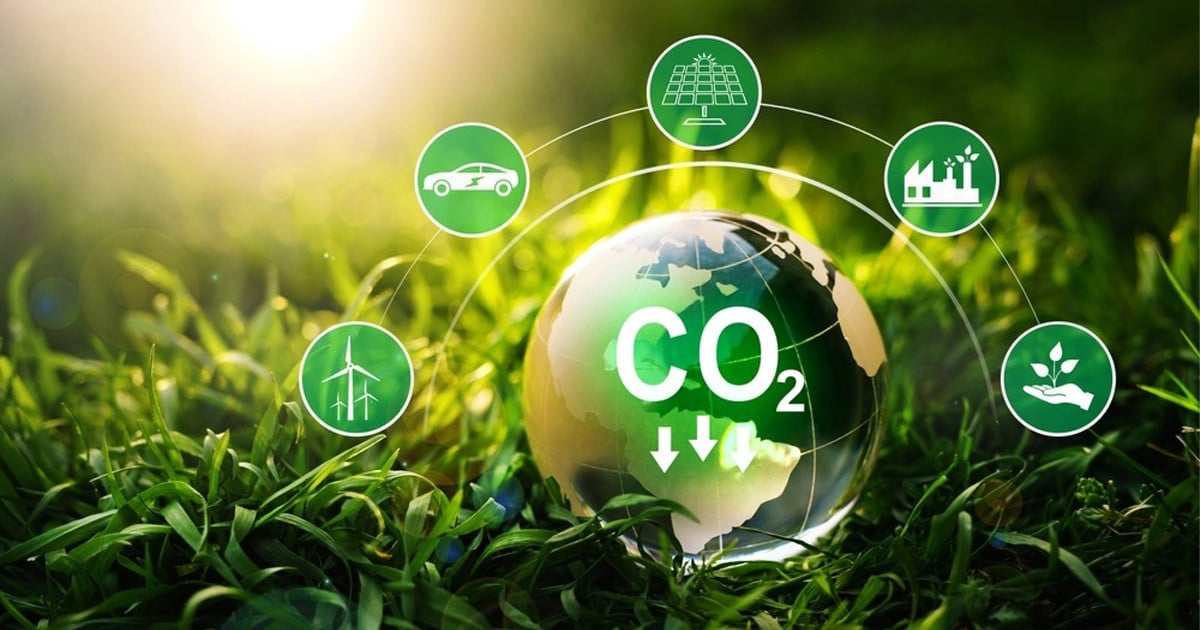
Many countries have imposed carbon taxes at varying rates.
In France, the carbon tax rate since April 2014 is 7 EUR/t CO2 (8 USD/t CO2). In July 2015, the Energy Law for Green Growth was passed, the carbon tax rates for 2020 and 2030 are 56 EUR/t CO2 (62 USD/t CO2) and 100 EUR/t CO2 (110 USD/t CO2), respectively.
In the UK, since 2013, a tax of 4.94 GBP/ton of CO2 (7 USD/ton of CO2) has been applied, increasing to 18.08 GBP/ton of CO2 (26 USD/ton of CO2) from January 2025, continuing to increase to 21.2 GBP (30 USD) in the 2016-2017 period and 24.62 GBP (35 USD) in 2017-2018.
In Australia, from July 1, 2012 to present, carbon tax has been applied at a rate of 26 USD/ton of CO2.
Citing the opinion of a World Bank (WB) expert that "at an appropriate time, Vietnam should impose a carbon tax", Dr. Vo Tri Thanh, Director of the Institute for Brand and Competitiveness Strategy Research, analyzed: In terms of economics, for the market mechanism to operate effectively, a carbon tax is a good solution to limit emissions.
However, Mr. Thanh also noted that according to the “Laffer curve” in economics, if the tax rate is 100%, the total tax revenue is 0. It is not true that the higher the tax rate, the more revenue is collected. A tax rate that is too high will cause production and business to decline, and the total tax revenue will be low.
Disagreeing with the proposal to impose a carbon tax, Mr. Quan Duc Hoang, a member of the Board of Directors of Amber Fund Management Company, said: “Instead of imposing a carbon tax, we can reward those who do well. Tax is an obligation, many people will try to avoid it, which can easily lead to fraud, while rewards will motivate people to do better in clean production and business, thereby limiting greenhouse gas emissions.”
Source: https://vietnamnet.vn/viet-nam-co-nen-danh-thue-carbon-2321300.html




![[Photo] Closing of the 11th Conference of the 13th Central Committee of the Communist Party of Vietnam](https://vstatic.vietnam.vn/vietnam/resource/IMAGE/2025/4/12/114b57fe6e9b4814a5ddfacf6dfe5b7f)


![[Photo] Overcoming all difficulties, speeding up construction progress of Hoa Binh Hydropower Plant Expansion Project](https://vstatic.vietnam.vn/vietnam/resource/IMAGE/2025/4/12/bff04b551e98484c84d74c8faa3526e0)
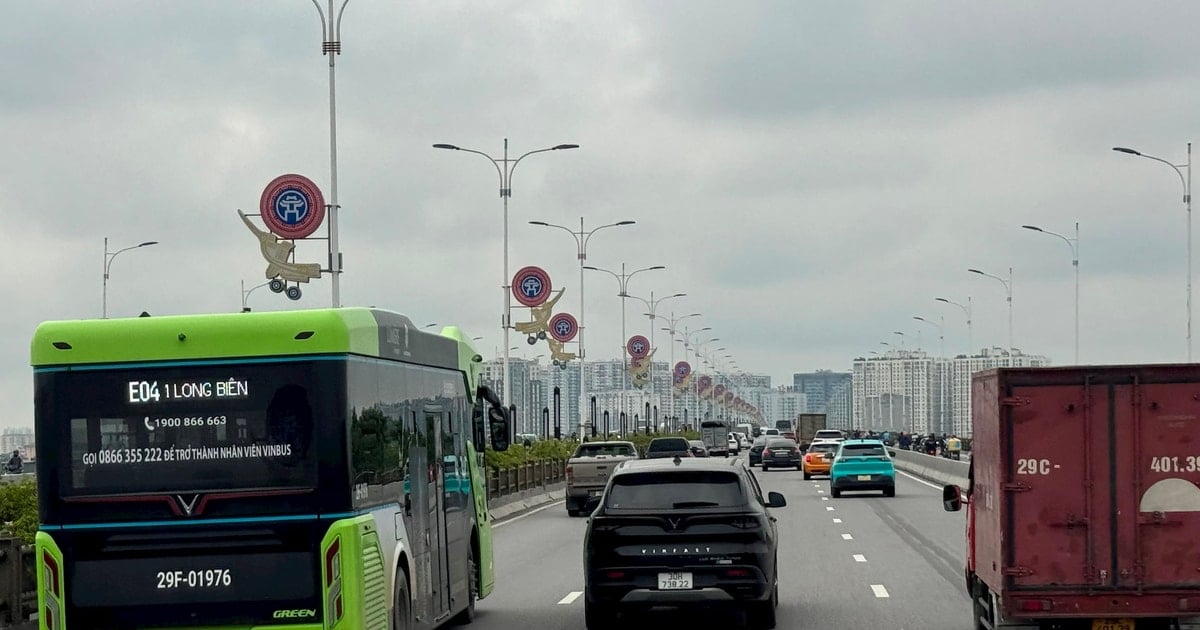

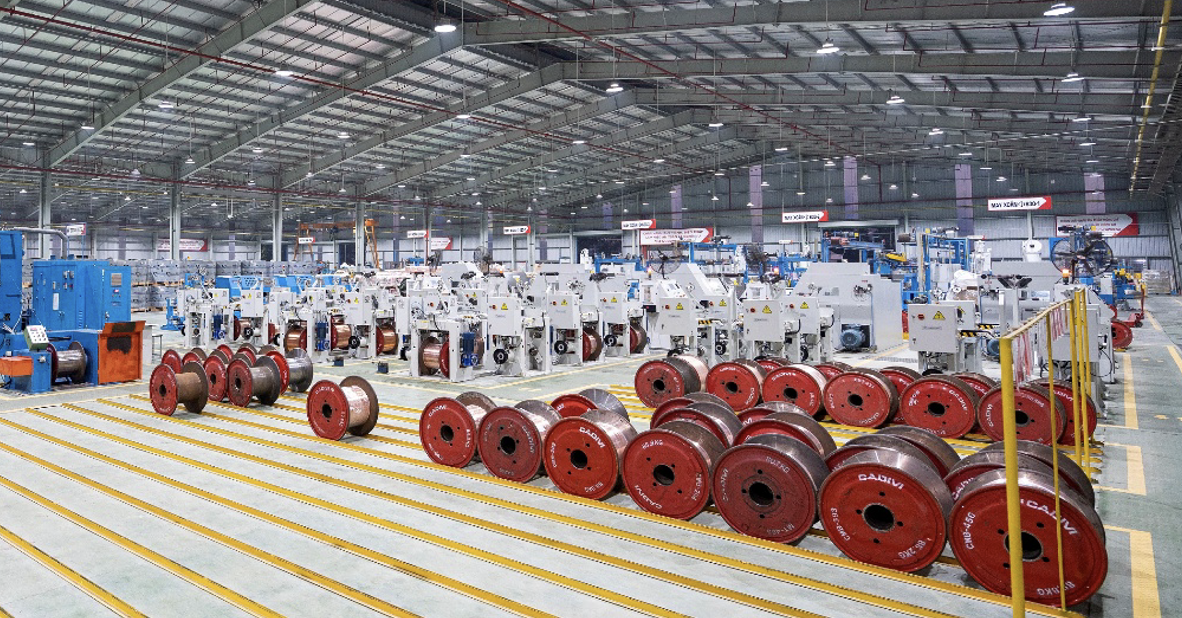




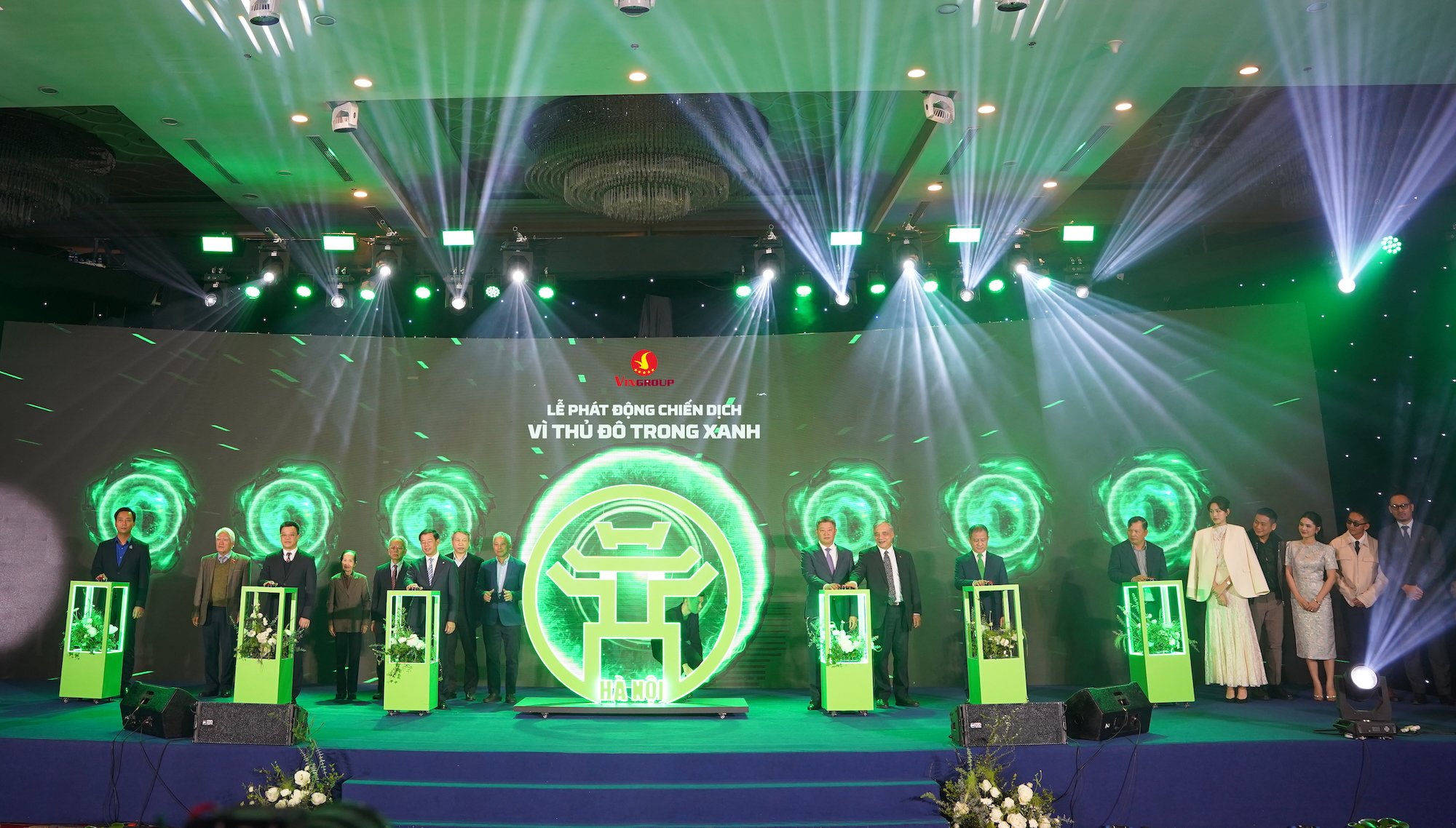

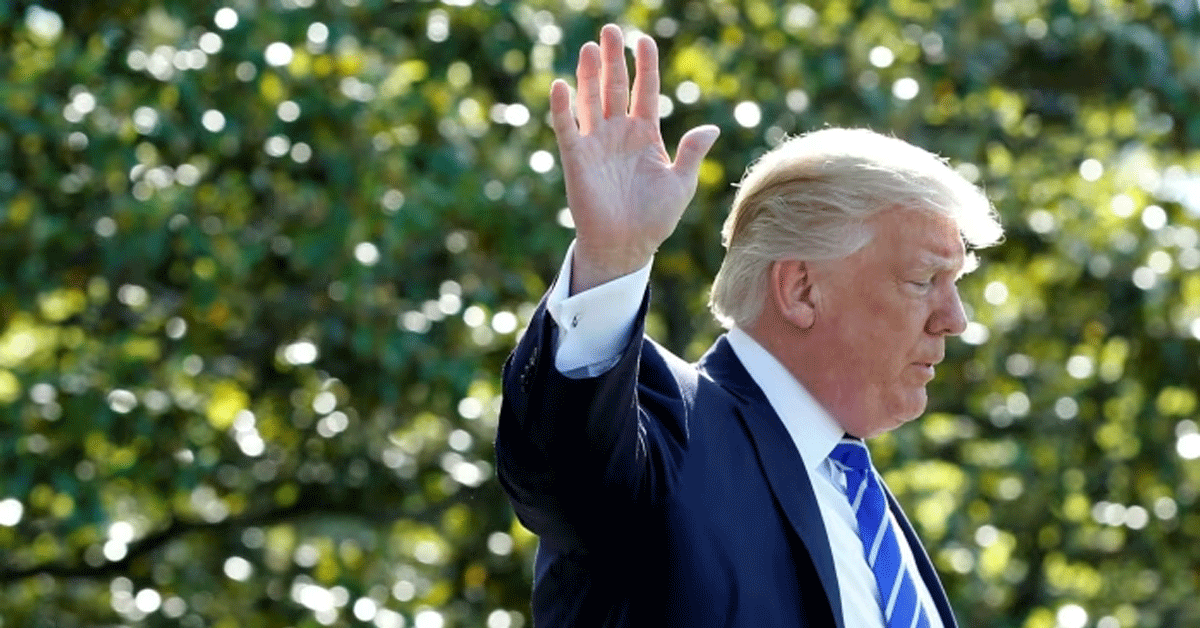
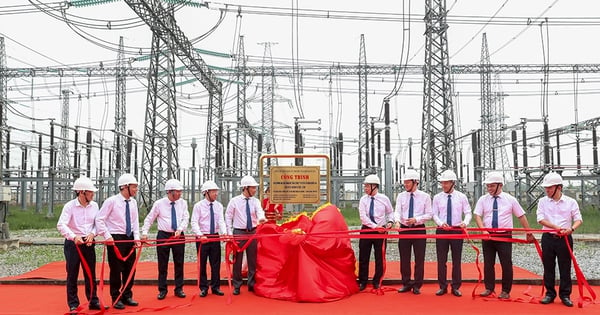



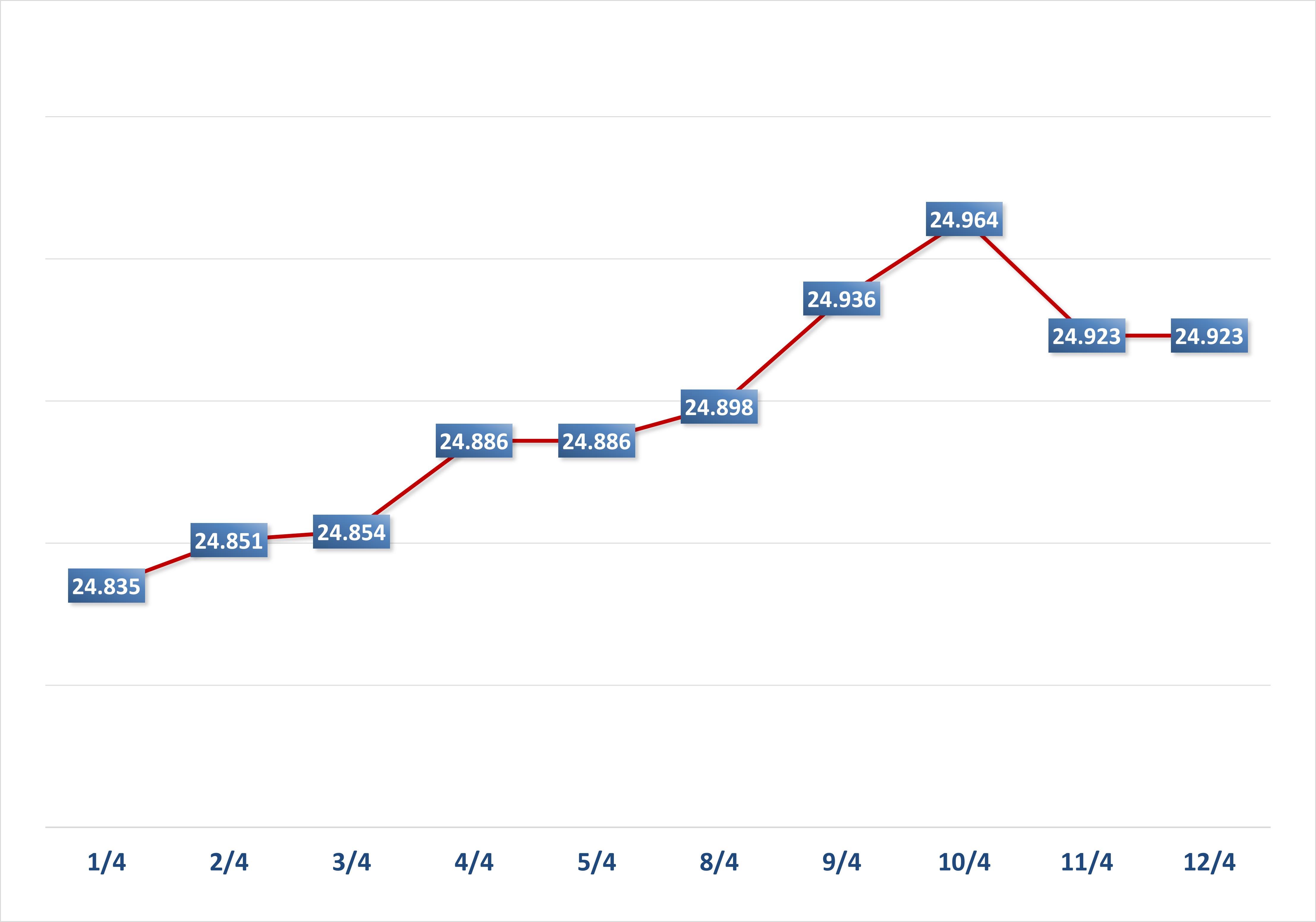





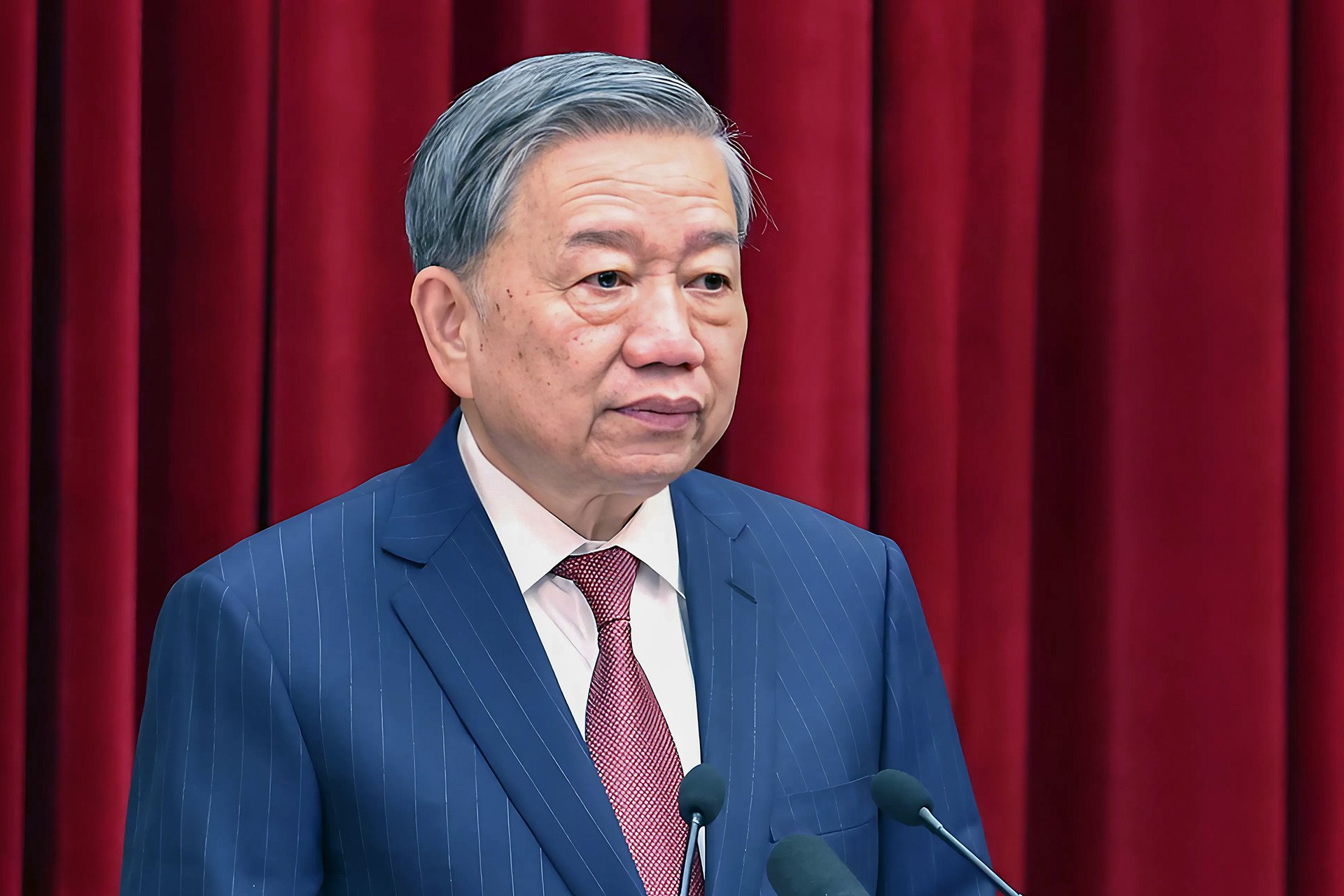

































































Comment (0)